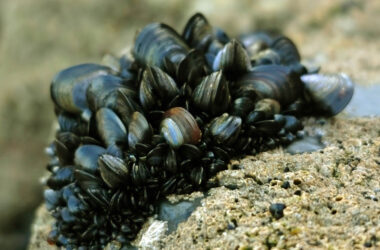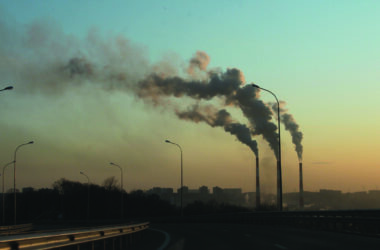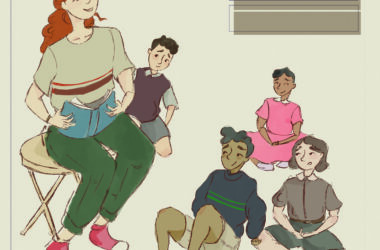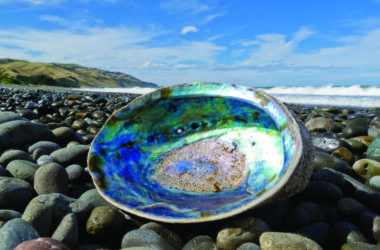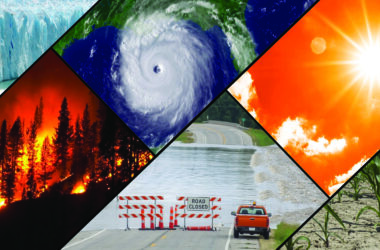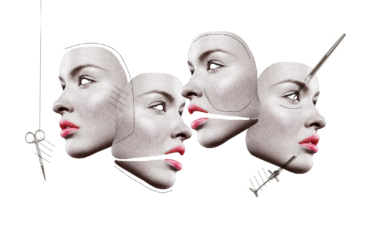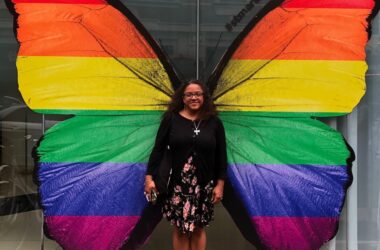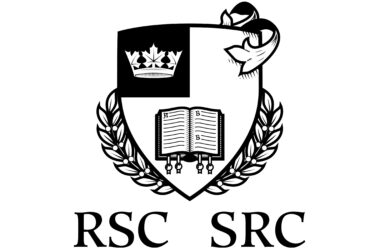While the high vaccination rate among certain portions of the population has lifted public health restrictions and allowed some semblance of normalcy, the COVID-19 pandemic is far from over. Despite vaccine administration having begun in December 2020, only 37 per cent of the world’s population has received both doses, with[Read More…]
Science & Technology
The latest in science and technology.
The secret to mussels’ powerful underwater glue
Mussels spend their days withstanding crashing waves and brutal intertidal environments. A question that has long fascinated scientists and students alike is how they manage to stay tethered to rocks and their fellow mussels amidst these conditions. Luckily, evolution has solutions to such complex design challenges—and it also provides inspiration[Read More…]
Trottier Symposium talks dead bodies, COVID-19 myths
Death has an equalizing, inevitable force. But the pandemic, like all public health crises, has cast the sword of Damocles in sharper relief than ever, and indiscriminately so. Yet while the blade will always fall, few reflect on the science of it—what really happens to our bodies after we die? [Read More…]
Mapping provincial variations in Canada’s nitrogen output
Reactive nitrogen (Nr) is a primary plant nutrient fertilizer that plays a critical role in agricultural production. For the past century, the availability of Nr in soil has become increasingly important to farmers as they attempt to grow the crops that contribute to nitrogen fixation, the process by which microorganisms[Read More…]
Reading for meaning: A new intervention for children with hyperlexia
Children diagnosed with autism spectrum disorder often have difficulty thriving in a modern education system that is not designed for their needs. Developing language skills, in particular, can be challenging for these children. Between 6 to 21 per cent of children with autism have a syndrome called hyperlexia, where they[Read More…]
Where mother-of-pearl becomes glass
Many would agree that one of the foremost attributes of glass is its fragility. However, a team of McGill researchers have found a surprising model after which to fashion a more durable glass. The team has enlisted nacre, more commonly known as “mother-of-pearl,” to improve glass’ fracture toughness, impact resistance,[Read More…]
Deep learning algorithm predicts early warning signals of climate tipping points
Tipping points are all around us, but it’s hard to see them coming. When a person falls off a bike, a patient has a heart attack, or a campfire escalates to a wildfire, it is nearly impossible to identify the exact moment at which disaster became inevitable. But it might[Read More…]
Cut, tuck, lift: Tracking the rise of cosmetic surgery
Blown-up shots of smooth skin, cinched waists, and tight bums are hard to avoid and even harder to look away from. Whether appearing on social media feeds or on seedy pornography websites, idealized bodies are on display on virtually every device with a screen. Bombarded by unrealistic beauty standards, more[Read More…]
“Diversifying Entomology” creates buzz at Queer History Month
On Oct. 1, McGill’s Macdonald Campus hosted Jessica Ware as the keynote speaker at the 2021 edition of Queer History Month at McGill. Ware is a professor of entomology at Rutgers University in New Jersey and a curator at the American Museum of Natural History. In her talk “Diversifying Entomology,”[Read More…]
10 McGill researchers selected as members of the Royal Society of Canada
The Royal Society of Canada (RSC) recently announced that 51 new members would be inducted to The College of New Scholars, Artists and Scientists, among which are 10 McGill researchers whose hard work and excellence will be recognized at the RSC Celebration of Excellence and Engagement on Nov. 19, 2021.[Read More…]

